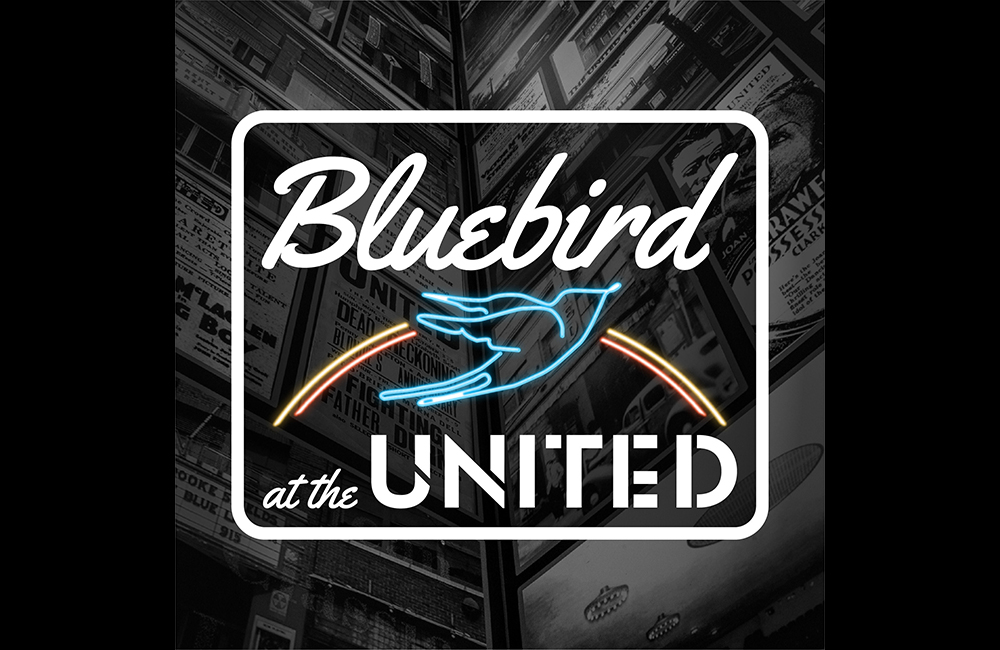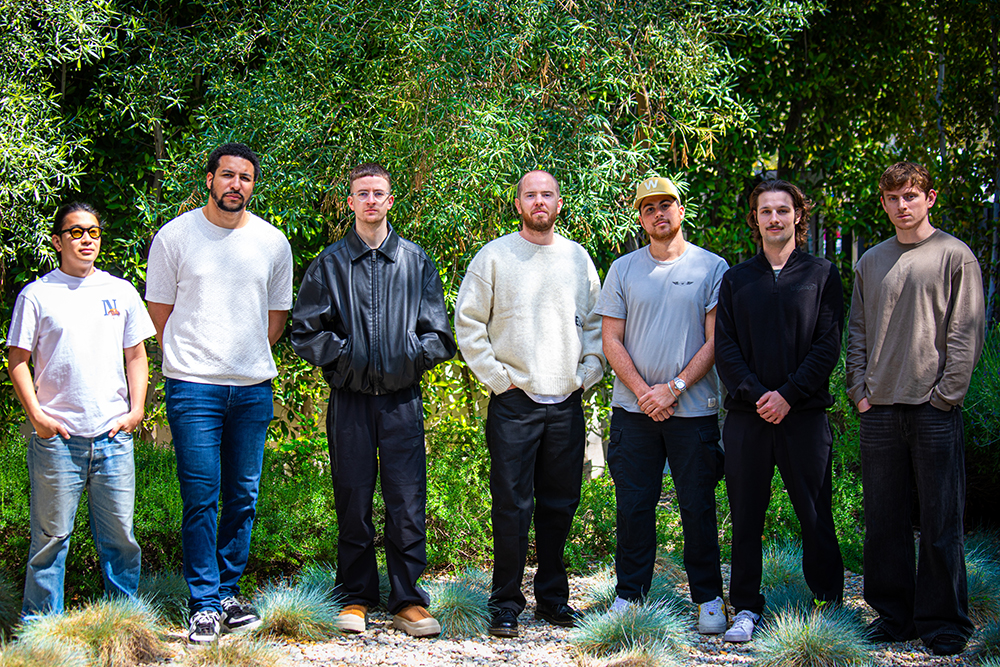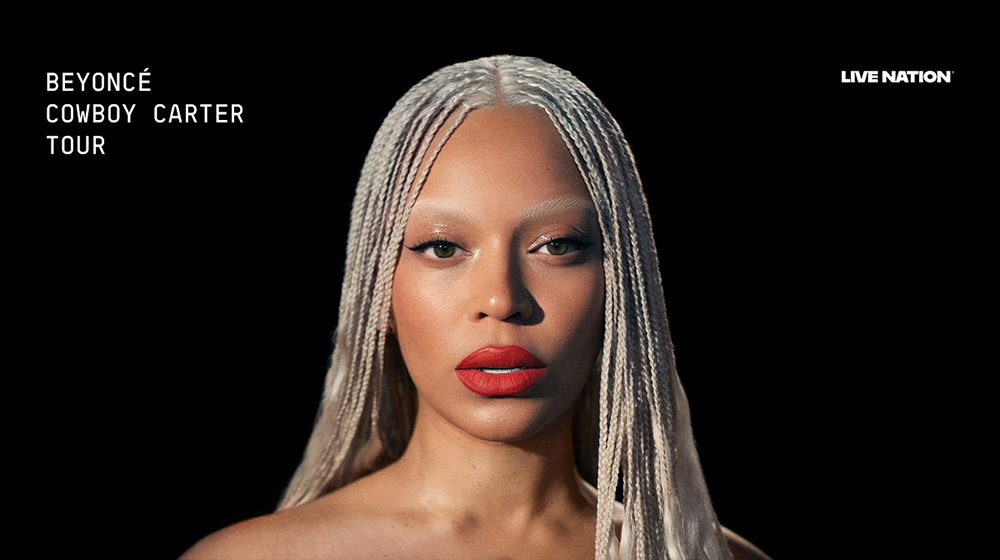
NEW YORK (CelebrityAccess MediaWire) — Move over peer-to-peer music piracy, the major labels now have a new threat to contend with, the rise of streamed music.
As robust wireless and internet connections become more prevalent, more music consumers are turning to websites like Pandora, Imeem and Last.fm where they can listen to all the music they want for free, or at most, a marginal cost on their personal computers or web-enabled mobile devices such as iPhones.
"I absolutely listen to more music than I used to," 23-year-old Gitamba Saila-Ngita told BusinessWeek "I pretty much have music playing all the time. It's because I can access so much of it, however I want."
The accepted wisdom is that this would be a good thing – most of these websites are monetized with advertising which the labels ostensibly get a slice of. Furthermore, music discovery would help to drive sales as consumers heard new artists that they liked and purchased their albums. Unfortunately, according to analysts, trends have not matched these expectations and instead, the online sites are becoming a substitute to purchasing music.
"Most of this is substitutional. People go to [these websites] instead of buying records," Jay Rosenthal, senior vice-president and general counsel for the National Music Publishers' Assn. told BusinessWeek.
As of yet, the hoped-for sales driven by these new web-based business models has been slow in materializing and many consumers are questioning the need to continue to expand or replace their personal music libraries when there is so much content available at their fingertips.
Some sites, such as Imeem have pulled more than 100 million unique users but have yet to really turn a profit. Sites as Lala.com, which streams music, movies and television, link the streamed experience with an opportunity to download the content. So far however, the translation between streamed and downloaded music has been listless and according to BusinessWeek, only 180 songs are downloaded out of 1,000 streamed, most for only a dime a song.
Consumers have also expressed a reluctance to get deeply invested into one format or vendor. "If I dump $2,000 into Lala and they go down next month, that's it." 26-year-old Greg Schnese told BusinessWeek.
Still, some labels are looking for ways to realize a profit from these streaming content websites with varied success. Indie label group Orchard is looking towards streaming music as a valuable source of business intelligence to identify underservered markets. Orchard has implemented an interactive "dashboard" used by some of their artists that lets them see where their music is being played — both geographically and on the web — and who, from a demographic standpoint, is playing the music.
Others are finding success with streaming music. One such artist, Swedish indie rockers Passion Pit, released two tracks from a yet-to-be-released album on sites like MySpace and YouTube. The response was strong and helped the band to pick their their lead single and drive album sales.
"I know that these guys make a living off this and they need to be paid," Saila-Ngita told BusinessWeek as he ponied up ten dollars for Passion Pit's album. – CelebrityAccess Staff Writers

























































